11 May 2022
Visbion is a specialist in medical image acquisition, distribution, management and display solutions. During the early planning stages of the UK’s response to tackling emergency treatment for patients suffering with Covid-19, they were approached to help provide solutions to offer screening for patient’s lungs, to help evaluate treatment strategies.
The Nightingale hospital, launched at the Excel in London on April 3rd, 2020, was constructed and operational in just 10 days, therefore there were significant pressures to deliver an operational and proven lung screening solution, within these time frames.
Read the full case study11 May 2022
Nasstar has worked with Intouch with Health (part of VitalHub Corporation) to deliver a new system at Buckinghamshire Healthcare NHS Trust, enabling it to serve more than half a million patients annually with a virtual consultation platform that fully integrates with the two patient administration systems (PAS) used across the Trust.
The former was charged with delivering its customisable OneConsultation platform, providing secure, easy to access virtual consultations from a familiar interface based on Microsoft Teams. This has been combined with the Intouch with Health Flow Manager and Virtual Clinics applications, enabling a simple, single view of all patient appointments. By delivering a comprehensive patient flow management dashboard for all appointments it means those patients that have a virtual consultation can be managed on the same platform as those patients who present physically (face-to-face) at the hospital.
Read the full case study11 May 2022

As part of the national response to the Covid-19 pandemic, the NHS Nightingale Hospital Exeter was opened to provide additional capacity to care for those with Covid-19. The 116 bed NHS Nightingale Hospital Exeter was purpose built at speed in just 8 weeks. A crucial part of the build was the requirement for a robust, scalable and reliable network to support IT teams and healthcare staff to deliver better patient outcomes. Secure Wi-Fi network was a top priority to ensure operational efficiency to provide critical equipment and responsive care.
Read the full case study04 March 2020

The Pennine Acute Hospitals NHS Trust decided to procure a fully managed solution via Wi-Fi Spark using a dedicated internet circuit and allowing the supplier to install their network equipment (Gateway and router etc.) within its segmented secure network environment (DMZ).
This solution is available across all of the trust’s hospital sites, providing an overall wireless coverage of approximately 80% to 90%.
However, all patient care areas have Wi-Fi coverage.
Read the full case study04 March 2020
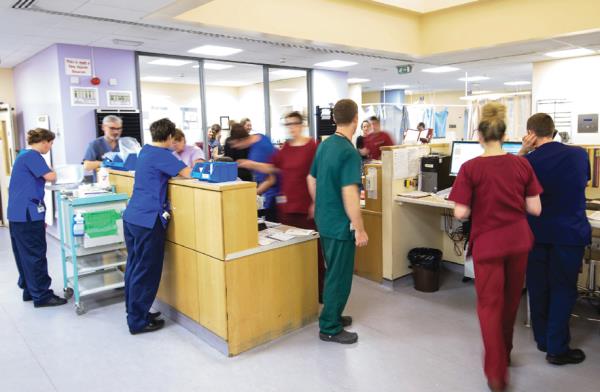
Set in 52 acres close to Bath city centre, the Royal United Hospital (RUH) serves a population of 500,000 and has 759 beds.
With 4,500 staff, the hospital is operated by the Royal United Hospitals NHS Foundation Trust.
It sought to replace the hospital’s 30-year-old telephone system with a VoIP system and specified that the replacement must have the same features and more.
Read the full case study04 March 2020
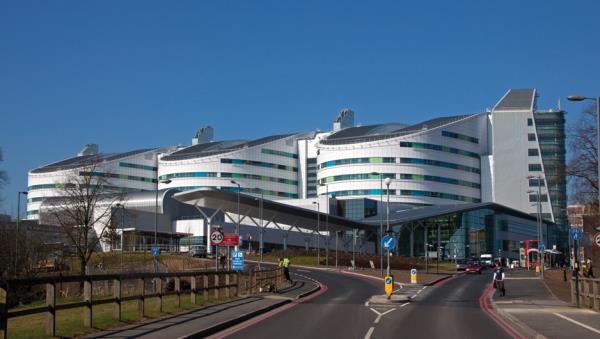
The Queen Elizabeth Hospital, part of the University Hospitals Birmingham NHS Foundation Trust, only had publicly accessible Wi-Fi in a privately run coffee shop at the entrance area of the hospital, which meant that people couldn’t use the service when on the wards or in the waiting areas.
Nowadays, patients expect a Wi-Fi connection in hospital as they like to be able to stay in touch with friends and family during their treatment.
Read the full case study04 March 2020

Somerset Partnership NHS Foundation Trust provides a wide range of integrated community health, mental health, learning disability and social care services to people of all ages.
The Trust employs 3,838 staff, has a turnover of £158m and provides services from 13 community hospitals across the county.
It also delivers mental health inpatient services on nine mental health wards.
Read the full case study
17 February 2020
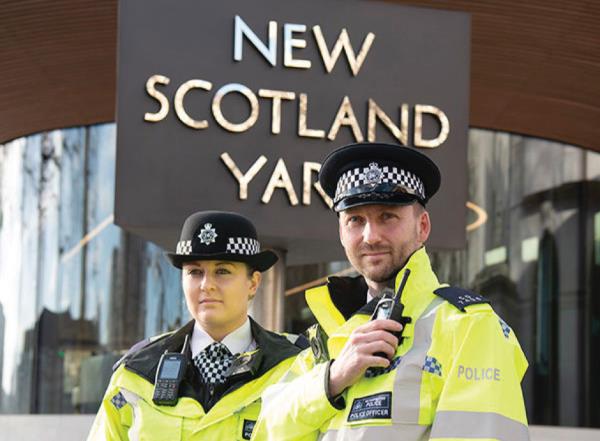
The Metropolitan Police Service selected Sepura’s SC2 Series of TETRA terminals to replace their existing fleet in an agreement forming one of the largest single orders ever received by the UK-based TETRA specialist manufacturer.
This decision was taken after an extensive trial with the devices across numerous sites with varied teams within the force.
Trial users reported back their strong preference for Sepura SC2 terminals over other suppliers, with positive feedback based around improved performance where coverage was poor and the ease of access to emergency call buttons.
Read the full case study17 February 2020
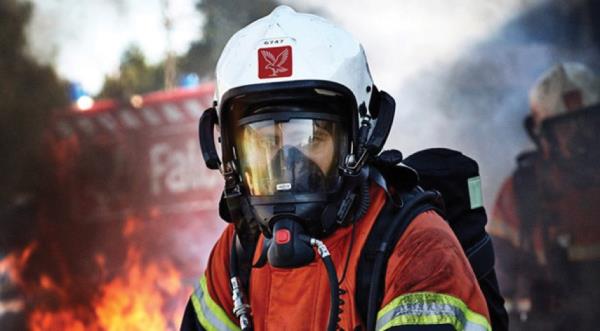
Falck is a deliverer of emergency services and has a long, proud history of saving and improving lives across the globe.
Since the company was founded in 1906, a core business has been fire fighting for public authorities and industrial clients.
Falck Fire Services UK delivers a range of services to customers in a variety of industrial manufacturing sectors.
Read the full case study17 February 2020
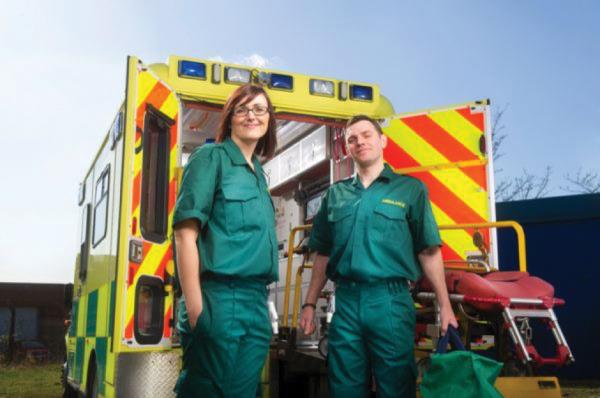
The North East Ambulance Service NHS Foundation Trust (NEAS) operates across Northumberland, Tyne and Wear, County Durham, Darlington and Teesside.
It provides emergency care services to respond to 999 calls and a Patient Transport Service (PTS) for pre-planned non-emergency transport to help patients in the region.
A team of five IT systems senior analysts at NEAS manage 900 endpoints at multiple sites across the northeast of the UK, from the Scottish borders to North Yorkshire.
Read the full case study







